We use have to / must / should infinitive to talk about obligation, things that are necessary to do, or to give advice about things that are a good idea to do Mus t and have to are both used for obligation and are often quite similar They are both followed by the infinitive I must go now / I have to go now OTHER DIFFERENCES Use HAVE TO to talk about both internal and external obligation in the PAST or the FUTURE MUST is only used in the present I had to take James to the airport this morning We had to wear an awful uniform at school I'll have to have9 rows The main difference between must and have to, is that while must is a modal verb, have to
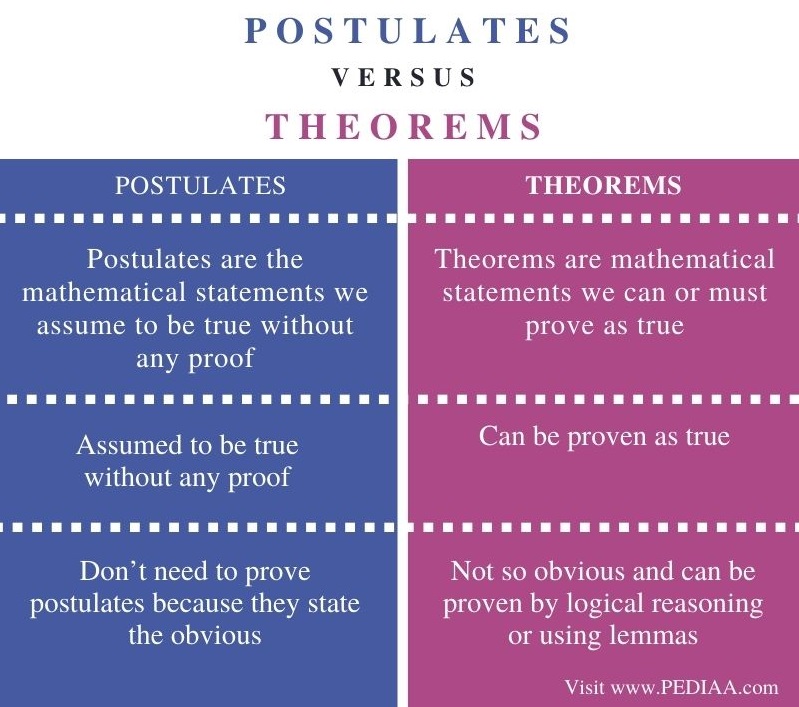
What Is The Difference Between Postulates And Theorems Pediaa Com
Have to or must difference
Have to or must difference-What is the difference between MUST and HAVE TO?When is it okay to use MUST and when to use HAVE TO?Our examples will help you lean to speak like a native sp In English, there is clear difference in the meaning of the following expressions I must know the law;




What Is The Difference Between Graphic Design And Advertising Design What Knowledge Content Do I Need To Learn For A Zero Based Graphic Design Programmer Sought
I need n't sing (Hier ist needn't Modalverb Das Vollverb ist sing) We need a new computer (Hier ist need ein Vollverb) I need sing (Dieser Satz ist falsch) 3 must oder have to im Simple Present Die Ersatzform have to ist im Simple Present nicht immer mit must austauschbar, es gibt dabei etwas zu beachtenAs nouns the difference between must and need is that must is something that is mandatory or required or must can be the property of being stale or musty or must can be a time during which male elephants exhibit increased levels of sexual activity and aggressiveness (also musth) while need is a requirement for something "Have to" and "must" are very similar in meaning and can often times be used interchangeably You can say "She must go to the store" and "She has to go to the store" The meanings here are the same As such, many people use them in this way with no distinction
1 The use of must, must not (mustn't) and need not (needn't) The modals must, must not and need not have the same form regardless the subject There is no ending with he/she/it If you want to say the sth is unnecessary, use need not, not must not (The negation of must means not allowed to ) I must play football = I have to play footballMustn't means it's not allowed, or it's a bad idea You mustn't eat so much chocolate, you'll be sick;To reflect "internal necessity or inner passion", I would say that you are talking about a compulsion, so "have to" or "must" are both appropriate They are both (effective) modal verbs, and as such can theoretically be used in any tense, though not all modals exist properly in all tenses;
You must have been tired after driving for so long Both modal verbs can be used when talking about obligation "Have to' is more common, especially in North America, but in the UK there is a subtle difference 'must' is used for internal obligation and 'have to' is used for external obligationMust and have to are synonymous, though some may prefer one or the other for certain purposes;What is the difference between MUST and HAVE TO?




What Is The Difference Between Graphic Design And Advertising Design What Knowledge Content Do I Need To Learn For A Zero Based Graphic Design Programmer Sought




What Is The Difference Between Postulates And Theorems Pediaa Com
Even though "have" and "has" come from the same verb "to have," there are slight differences in the way they're used Read about how to use them hereCan we always use them in the same w There is a slight difference in nuance between them We say "have to" when we want to talk about obligations – things we have no choice about doing However, we say "need to" when we want to talk about things that are necessary to do in order to achieve a certain goal




The Adventures Of A K 1 Teacher Needs Wants Goods And Services



Use Of Must May Can Could Have To Need To Has To Ea English
Must = used for strong advice, obligation, and rules; Sometimes, "must" and "have to" can be used to speak about responsibilities However, "must" is generally used for strong personal obligations and "have to" is used for responsibilities at work and in everyday life " have to " and " must " both express obligations, but there's a subtle difference There is a small difference between the meaning of "have to" and "must" and it is a different type of obligation " have to " expresses objective obligation and " must " expresses subjective obligation So, What's the difference?




What Are The Difference Between Basic Needs And Additional Needs Brainly In
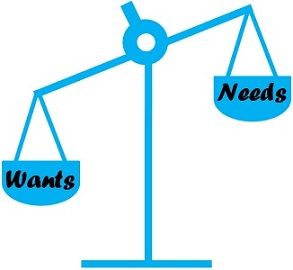



Difference Between Needs And Wants With Comparison Chart Key Differences
You must be home at 10 o'clock (Aquí podemos imaginar los padres diciendo esto a su hija o hijo)Don't have to means you don't need to do something, but it's fine if you want to do it I don't have to get up early at the weekendShould = used for give advice (not as strong as the words above);



The Difference Between Meaning And Purpose In Veteran Mental Health




Should Have To Need To And Must English Language
Difference Between Need To and Have To • Both Have to and Need to express urgency and used when something has to be done • 'Need to' indicates a need and • Have to indicates an obligation such as a requirement by law • Have to means that it is obligatory on your part, whereas need to indicates What's the difference between have to, supposed to and ought to?I have to know the recommendations;
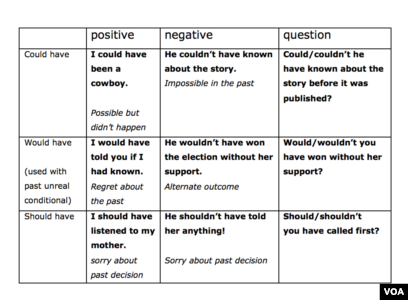



Could Have Would Have And Should Have



1
But in German, as far as I can see from Google Translate, all these three phrases are translated with the verb müssen Is it true or in German there are also the different degrees Considering this difference in usage, we can summarize that 'must' refers to an internal need or obligation while 'have to' is used to refer to an external need or obligation For the ease of usage however, keep in mind that 'must' can be replaced by 'have to' in most cases, but, 'have to' cannot often be replaced by 'must'I need to go to the store I have to go to the store I must go to the storeDo these sentences mean the same thing?
/real-estate-broker-and-agent-1798869_FINAL-92591e735baa40edb6c929371be678dd.png)



Real Estate Agent Vs Broker What S The Difference




Woodward English New The Difference Between Mustn T And Don T Have To In English More Details Here Http Www Grammar Cl English Must Htm Facebook
Hi everybody ,I have a question that has been in my mind for a long time I had a fight with my English teacher in the past for that question ,What are the differences between ''should'' , ''must '' and '' have to ''?I don't think that there is any differences between them especially with ''must'' and ''should'' so can any one help me to understand that rule or the difference between 1 Must and Have To Must and have to are both used to talk about obligations things you cannot choose not to do For example We must talk to her before she leaves I have to go into work early tomorrow If you say, We must talk to her before she leaves, you mean that you think this is very important, and you need to do it When you say, I have to go into work early4 "Have to" implies the necessity behind the requirement of doing a particular task ''Should'' finds usage to refer to an ethical responsibility While ''have to'' sounds more like a compulsion to which there may even be penalty / punishment, ''should'' signifies the onus of doing something that may display how responsible someone is
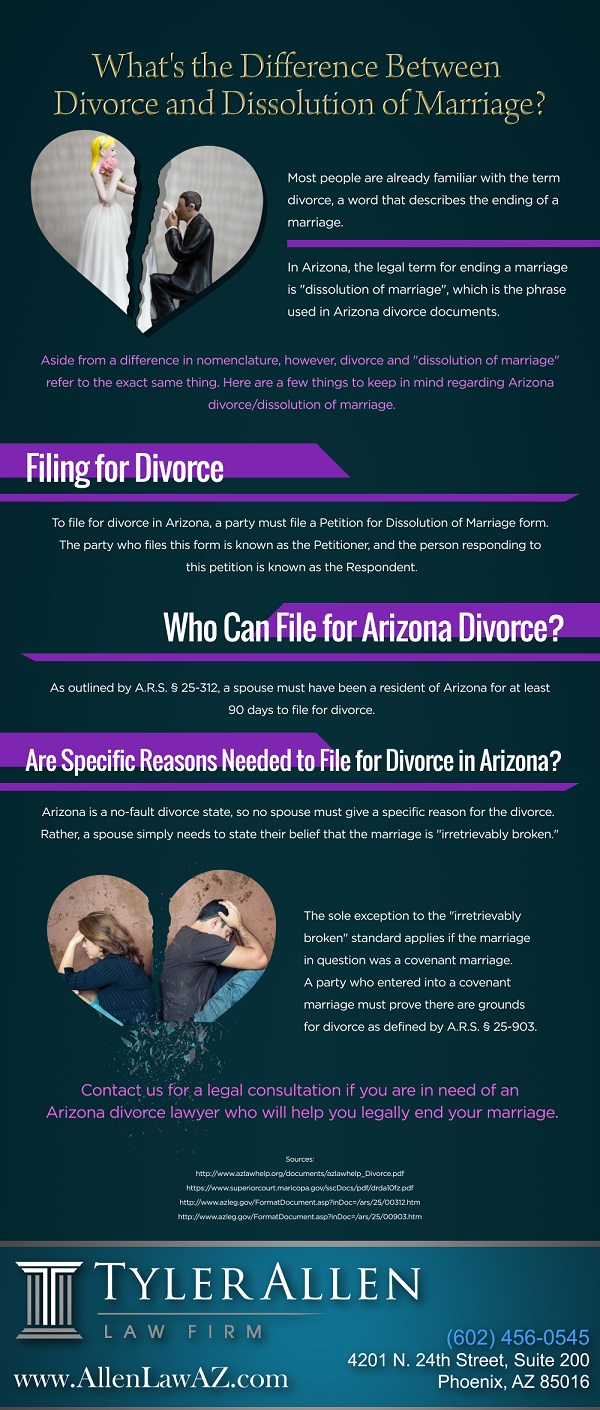



What S The Difference Between Divorce And Dissolution Of Marriage Infographic Blog




Test English Prepare For Your English Exam
Regarding the meaning, sometimes there is little difference There is a big difference between telling someone "You mustn't drink alcohol" and telling him "You don't have to drink alcohol" Meaning Must not means that the action is illegal or dangerous If I overhear the first speaker, I think this is a doctor telling someone that his health will be ruined if alcohol crosses his lipsWhile Must can generally be replaced by 'Have to' in the present tense, there is sometimes a slight difference in meaning or use Difference between Must and Have to – MUST 'Must' reflects the necessity of doing something, as per the given circumstances We use the word 'must' to show the indispensability of something



Year 6 Modal Verbs Bangkok Patana School




Uses Of Must And Differences Between Must And Have To English Learn Site
Must vs have to Must e have to expressam uma obrigação, uma necessidade, mas existem pequenas diferenças • Must expressa os sentimentos do locutor, enquanto have to expressa, sobretudo, uma ideia impessoal You must come Você tem que vir (pedido feito pelo locutor) You have to come Você tem que vir (é um regulamento) Overall, the best difference between the two is to use 'need to' when the goal has been stated, whether it's in the sentence, nearby, or by implication, like lighting a candle when it becomes dark This can also refer to basic needs, since they are implied Eating would be one example, since you need to eat to liveHave to When you must do something, you have to do it It is used for a situation that has no choice Have to is used for obligations "Students must wear their uniforms to school or they will be sent home" "In England, you have to drive on the left"




Must Vs Have To Woodward English English Language Teaching Learn English Woodward English




Have To Dont Have To Must Mustnt Rules
Must and have to express obligation or necessity The main differences between must and have to are Must means "really should or else it will be bad for you", it expresses an obligation forced by the speaker Have / Has to expresses general obligations When we are talking about another person's obligation we use have to, too Have them make a list of five things that they have to do every day Introduce the grammar by having the students take a look at the grammar sheet below Discuss the differences between 'have to' and 'must' in the positive form Make sure to point out that 'have to' is used for daily routines while 'must' is used for strong personal obligationGramática inglesa Diferencias entre "must", "have to" y "need to" must y have to Podemos distinguir dos matices entre must y have to Normalmente usamos must cuando la obligación viene de otra persona Por ejemplo;




Wi Fi Router Buying Guide Things You Must Know To Get Fast Internet At Home Gadgets Now




The Difference Between Must Have To Shall Need And May
Had better is used"must" is often replaced with "had to" to express compulsion in the past or with "have to" to express compulsionThe entry for today is a very subtle one it's the difference between "have to" and "need to" There is a slight difference in nuance between them We say "have to" when we want to talk about obligations – things we have no choice about doing However, we say "need to" when we want to talk about things that are necessary to




The Difference Between Must Have To Shall Need And May




Difference Between Must And Have To With Examples And Comparison Chart Key Differences
Need to vs have to vs must can be used as synonyms Sometimes That's the good news Generally, they all mean that you're talking about a responsibility, an obligation, or something that is important to do This is where they are similar In positive sentences By contrast, must has more potential uses It does not need the word to regardless of what comes after it It addition, it is always followed by a verb Even if the thing that you need is a noun (sugar for your cake, for example), if you use the word must you need to follow it with a noun (must have more sugar)They can be used interchangeably in the present tense, except that must suggests that it is the speaker who has decided that something is necessary,



1




Must Vs Have To Must Not Vs Don T Have To 7esl Apprendre L Anglais Cours Anglais Anglais
This always happens with periphrastic modals, but these are merely individual preferences, not usage guides there is no consensus Must, as everyone knows, is a modal auxiliary verb One of the many peculiarities of such modals is that they only have one uninflected form, withLiterally, they are different 'To have to' means to be compelled to Have to can be a substitute for must 'To need to' means to require or have a necessity toMust only has a present form, so for all other verb forms (past, future, perfect forms, infinitive, etc) we need to use have to You will have to come with me We had to drive very fast We normally use have to for questions Questions with must are not common Do we have to sit here?




Must Vs Have To Must Not Vs Don T Have To 7esl Teaching English Grammar Modal Verbs English Phrases
/dotdash_Final_Home_Equity_Loan_vs_HELOC_What_the_Difference_Apr_2020-01-af4e07d43f454096b1fbad8cfe448115.jpg)



Home Equity Loan Vs Heloc What S The Difference
There is a small difference between how we use the semimodal verb had better compared to other modal verbs like have to/must or should had better = used for strong advice;Have to = used for strong advice, obligations, and rules;1) Difference between MUST and HAVE (GOT) TO * MUST the obligation is mostly coming from the speaker or an interlocutor The obligation is coming from "inside" and expresses a personal decision I must really stop smoking, as I keep coughing and being out of breath




Rule One You Must Know The Difference Between An Asset And A Idlehearts



1
The verbs need, have to, and must are all synonyms of one another and are used to mean that something is necessary or required But they each have slightly different connotations and uses Need, when followed by to and a verb, is the narrowest of the three verbs It is most often used to say that an action should be done I need to wash my dirty clothes Often, the verbs need and require can be used as synonyms (ie they are the same) However, through my years teaching English, I have occasionally come across sentences in which the verb "need" doesn't seem to fit The purpose of this page is to explain those cases Let's look at the below sentences, for example This job needs patienceHave to contrasts with must in that it usually expresses an obligation imposed by someone other than the speaker Had to is the past tense of have to and may be used in cases where a past equivalent of must is required Need to is used where there is not such a strong obligation, but where completing the action will satisfy a particular




How To Use Must Have To And Need To In English
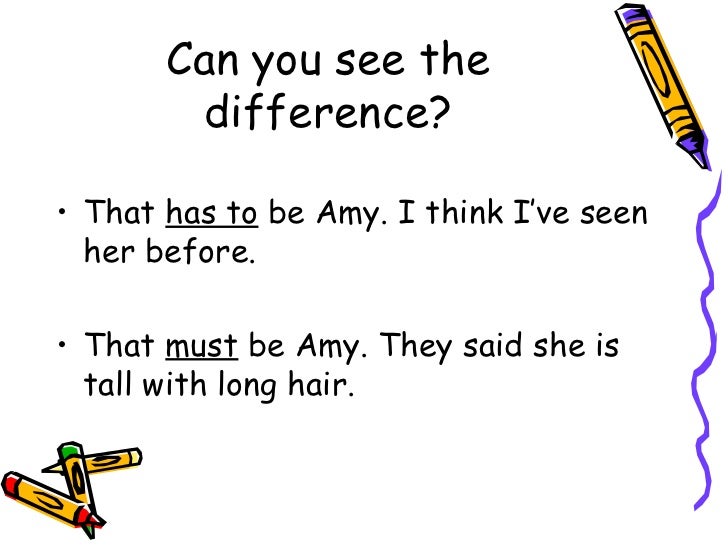



Have To Vs Must
Synonym for must @andreamldz18 OK I'm trying to think of a difference Perhaps "must" means a moral imperative, while "have to" is needed, but not a moral need "We have on food in the house, so I have to go to the store" But I find "We have on food in the house, so I must go to the store" equally natural perhaps a bit more formal "You must treat all people fairly"In American English have to is the normal form British English often makes a distinction between them Must is used mostly to talk about the feelings and wishes of the speaker and hearer Have (got) to is used mostly to talk about obligations that come from 'outside' for example from laws, regulations, agreements and other people's ordersMUST and HAVE TO are both used to express an obligation, responsibility or necessity While Must can generally be replaced by Have to in the present tense, there is sometimes a slight difference in meaning or use Let's look at our previous example using MUST



1




The Difference Between Must Have To Shall Need And May
Have to, must Have to is NOT an auxiliary verb (it uses the verb have as a main verb) We include have to here for convenience Must is a modal auxiliary verb In this lesson we look at have to, must and must not, followed by a quiz to check your understanding have toBe careful about the difference between mustn't and don't have to! Must is a modal auxiliary verb, and have to is a simple auxiliary that is used just like a modal verb, but it's not a modal verb The reason why we are learning it together is that both these verbs have similar functions In this article, I'll help you master all the differences between must and have to, and how to use these verbs There is a video lesson at the end that explains how to
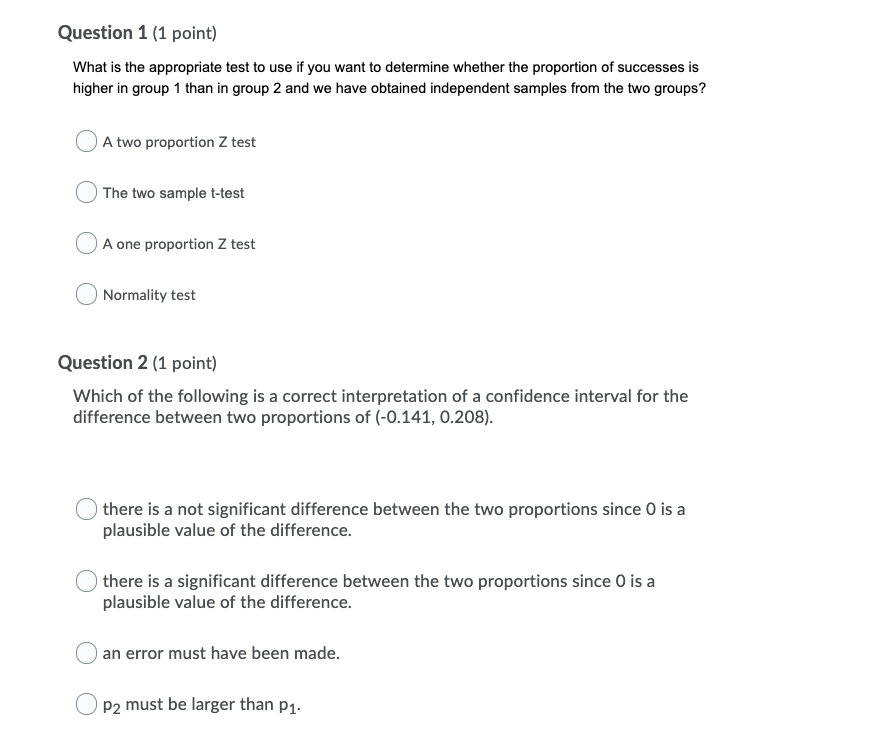



Question 1 1 Point What Is The Appropriate Test To Chegg Com




The Difference Between Must Have To Shall Need And May
Must vs have to Both Must and have to express obligation or necessity, but there are some small differences • Must expresses the speaker's feelings, whereas have to expresses, above all, an impersonal idea You must come You are obliged to come (I require that you come) You have to come You are obliged to comeI need to know the rules;




Have To Vs Need To Vs Must What S The Difference In English Advanced English Grammar Youtube
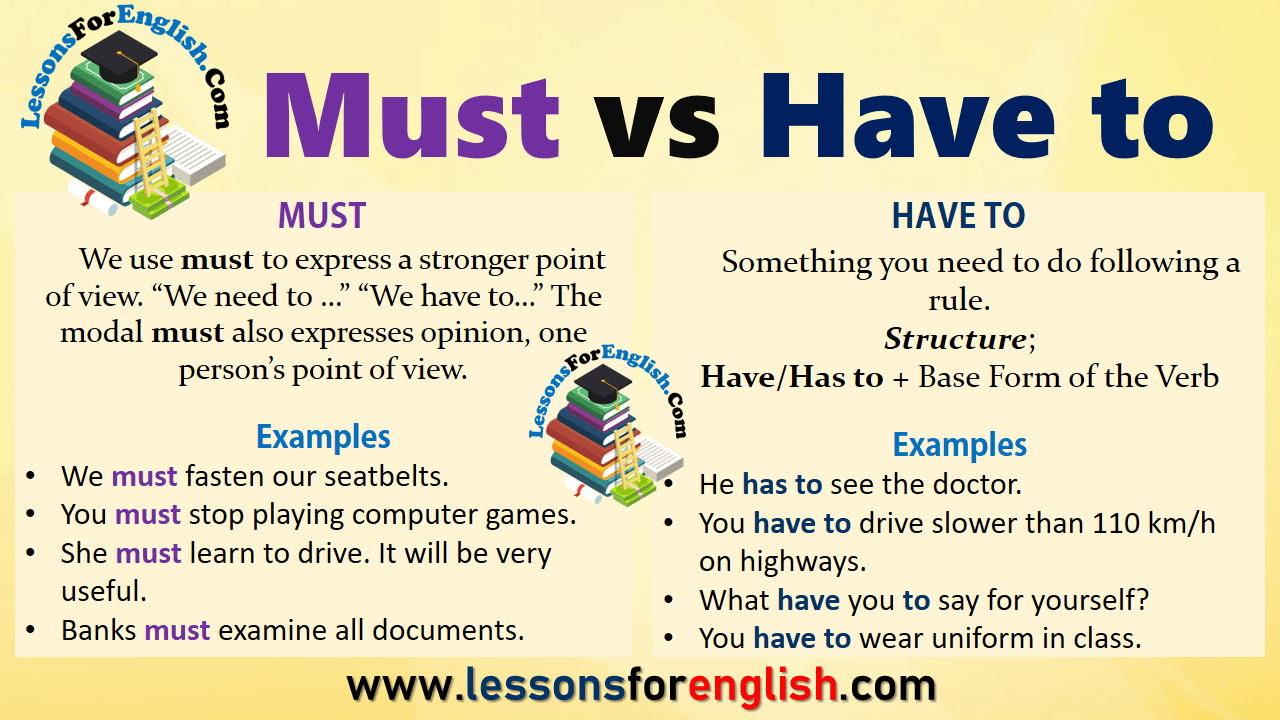



Must Vs Have To In English Vocabulary Home




Difference Between Shall And Should With Table




The Department Chair Primer What Chairs Need To Know And Do To Make A Difference Chu Don Amazon Com Books




Have To Vs Must Watch This Video To Finally Learn The Difference




Need Must And Have To For Learn English Today Com Facebook




Should Have To Need To And Must English Language



Difference Between Have To And Must Difference Between




Consumer Vs Customer What Is The Exact Difference Why Is It Important




Has Vs Have Proper Grammar Rules




Have To Vs Must Watch This Video To Finally Learn The Difference
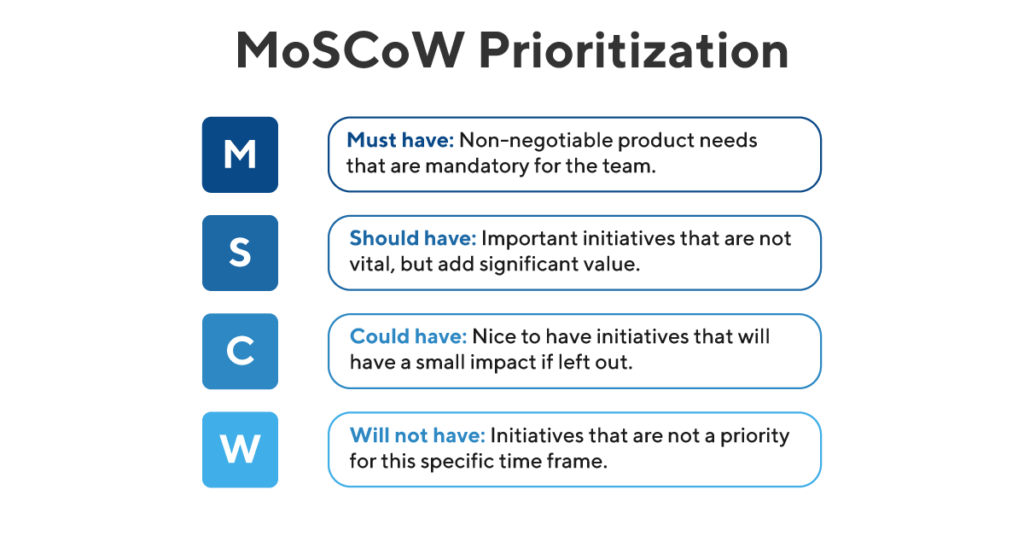



What Is Moscow Prioritization Overview Of The Moscow Method
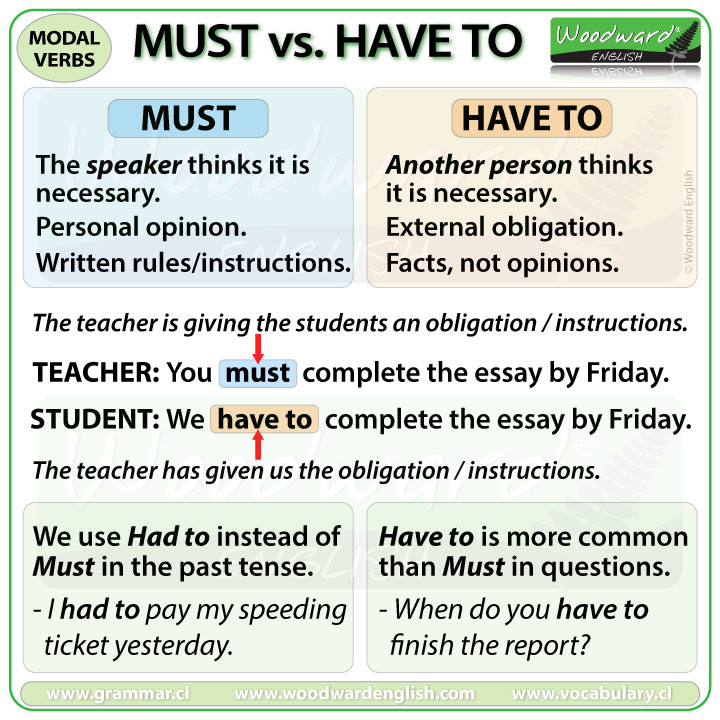



Must Vs Have To Woodward English




Amazon Com Having Manners Is The New Cool A Must Have Etiquette Guide For Every Teen Who Wishes To Make A Difference In The World Hammadi Samira Books
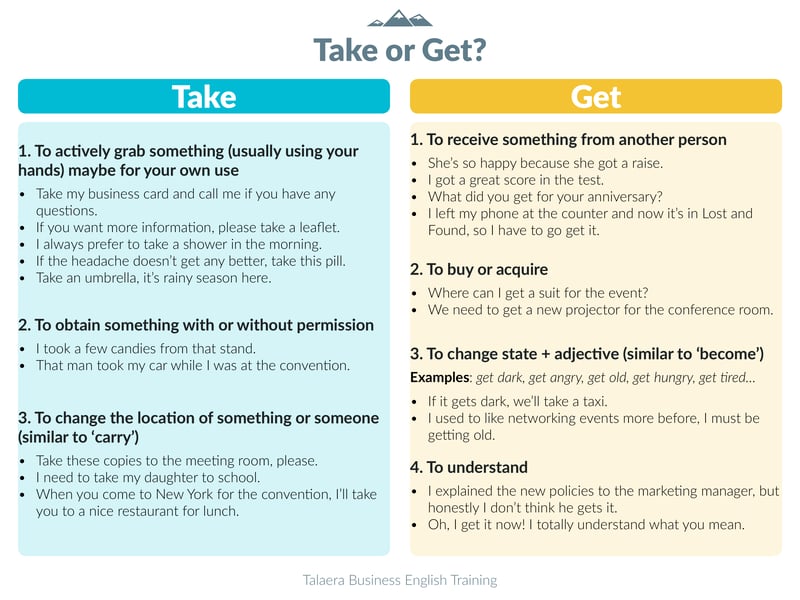



Take Vs Get Includes Examples And Exercises




Have To Vs Must Watch This Video To Finally Learn The Difference




Have To Vs Need To Vs Must What S The Difference In English



Http Www Vermonttreasurer Gov Sites Treasurer Files Financial Literacy Pdf 18 Riai lily lesson plan 18 19 Pdf




Must Vs Have To What Is The Difference Youtube




The Difference Between Must Have To Shall Need And May



The Difference Between Words Have To And Need To English Help Online S Blog
/suspended-vs-revoked-license-f73910d7566b4a96bf58f103fad3c6a6.png)



What S The Difference Between A Suspended And A Revoked License
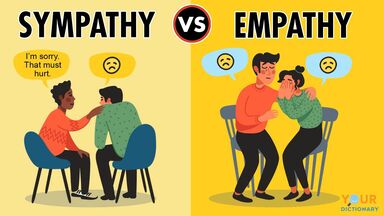



What S The Difference Between Sympathy And Empathy
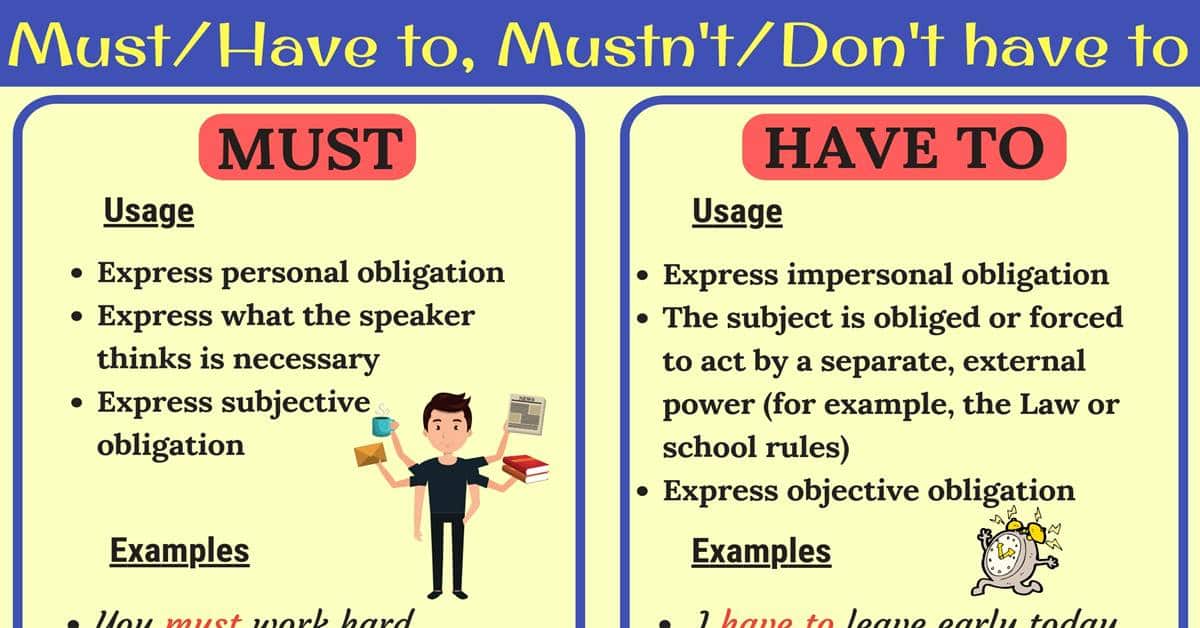



Must Vs Have To Must Not Vs Don T Have To 7esl




What Is The Difference Between Section Code And Section School Code Schoology Support



Difference Between Have To And Must Difference Between




Must Vs Have To What Is The Difference Youtube




View Resource Vcu Rrtc



The Difference Between Ir And Irse Colombia Immersion




Voting By Mail This Election Here S What You Need To Know Fox 2




Must Vs Have To English Esl Powerpoints For Distance Learning And Physical Classrooms



Modal Verbs Must Should Have Has To Lessons Blendspace




The Adventures Of A K 1 Teacher Needs Wants Goods And Services




Which Vs That Is There A Difference Between Which And That




Modal Verb Wikipedia




Effectiveness Vs Efficiency Why Successful Leaders Need Both Techtello




The Difference Between Must Have To Shall Need And May




Have To Must And Should For Obligation And Advice Learnenglish Teens British Council
/dotdash_Final_Ex_Dividend_Date_vs_Date_of_Record_Whats_the_Difference_Oct_2020-01-6453b1e5c23146779ab4da7df074e8ab.jpg)



Comparing Ex Dividend Date Vs Date Of Record




Must And Have To Difference A Free Guide Post
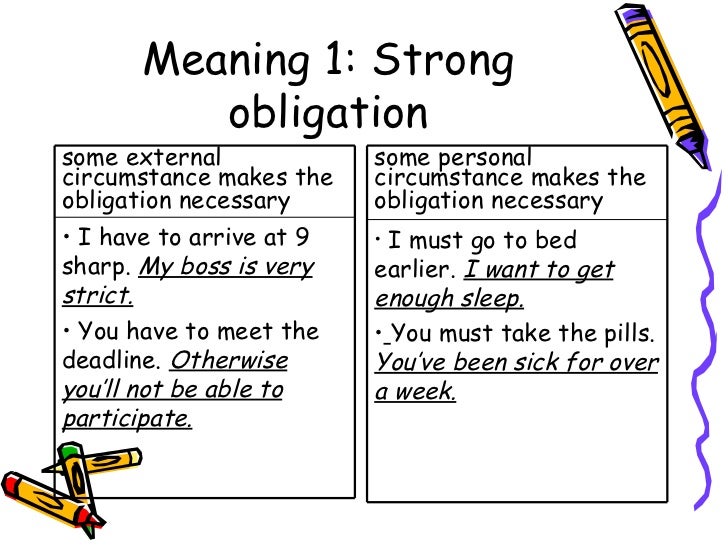



Have To Vs Must
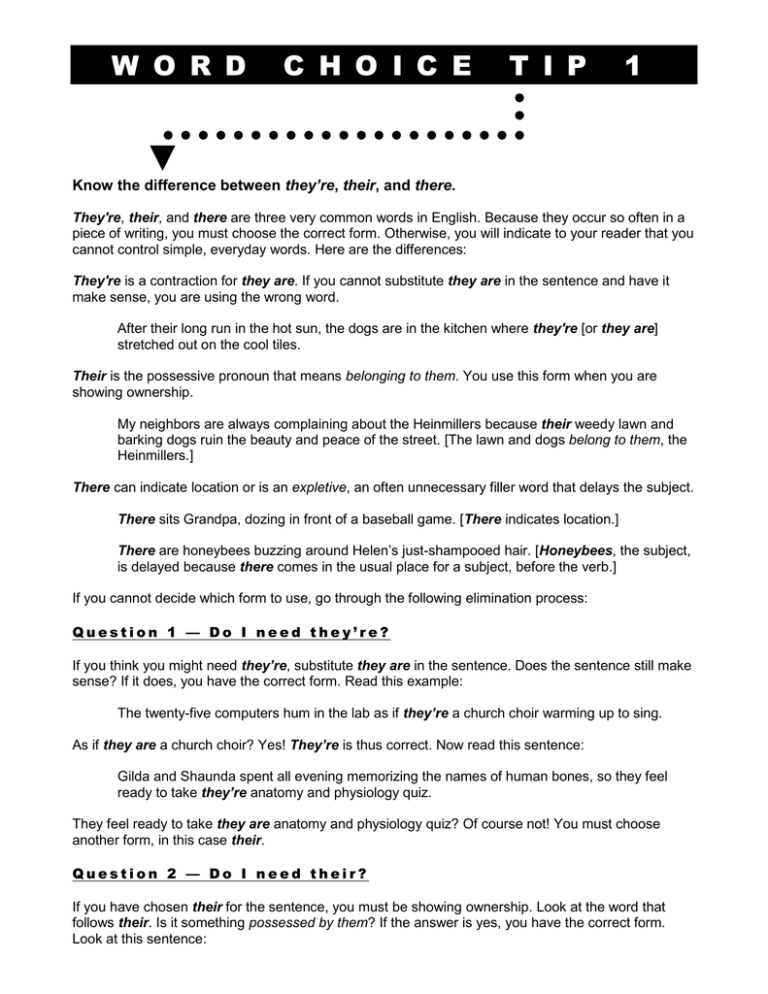



W O R D C H O I Know The Difference Between They Re



2




Test English Prepare For Your English Exam




Must Vs Have To Must Not Vs Don T Have To 7esl English Writing Grammar And Vocabulary Learn English



7a Advanced English Grammar Differences Between Must Have To Ought To Should Need Needn T Have




Difference Between Ought To And Need To With Table
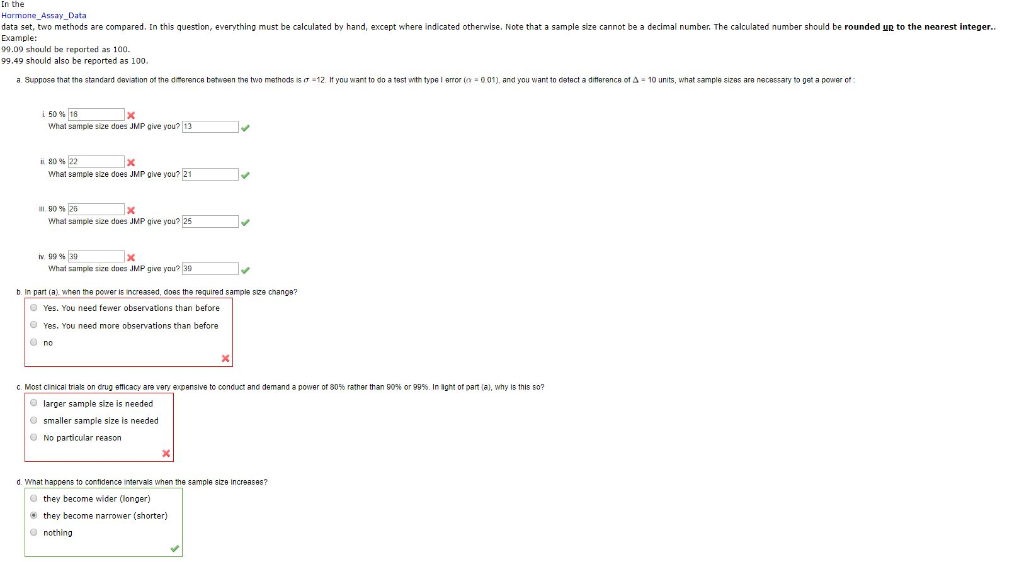



Suppose That The Standard Deviation Of The Difference Chegg Com




The Difference Between Must Have To Shall Need And May




The Difference Between Must And Have To In English We Also Look Have To Vs Have Got To Includes Exam In 21 English Language Teaching Learn English English Grammar




Data Scientist Vs Business Analyst Top 5 Awesome Differences To Learn




Someone Not Something Animals Have Needs And Wants Too Grades 3 5 Peta



Use Of Must May Can Could Have To Need To Has To Ea English
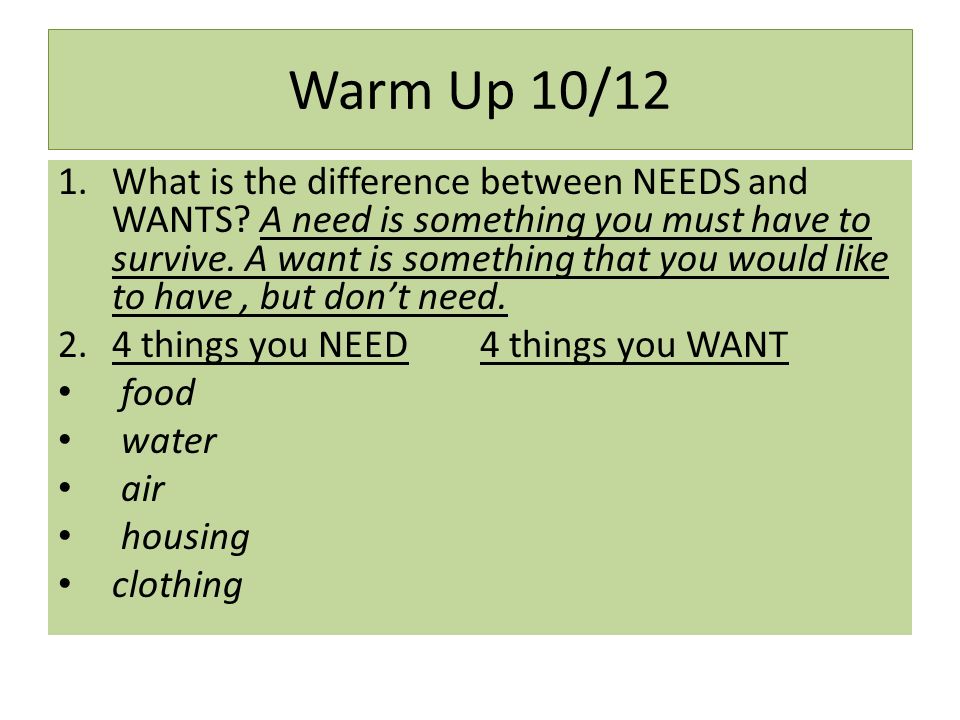



Warm Up 10 12 What Is The Difference Between Needs And Wants 4 Things You Need Ppt Video Online Download




Solved Major Differences Between The While Loop And The F Chegg Com




Raccoon Wants And Needs Kid Scoop



Use Of Must May Can Could Have To Need To Has To Ea English




Maslow S Hierarchy Of Needs Wikipedia




Mustn T Vs Don T Have To What Is The Difference Youtube




B2b Vs B2c Marketing 5 Differences Every Marketer Needs To Know




Difference Between Must And Have To Archives English Study Here




Meaning Examples Can Could May Might Will Would Shall Should Must Shakespeare S English
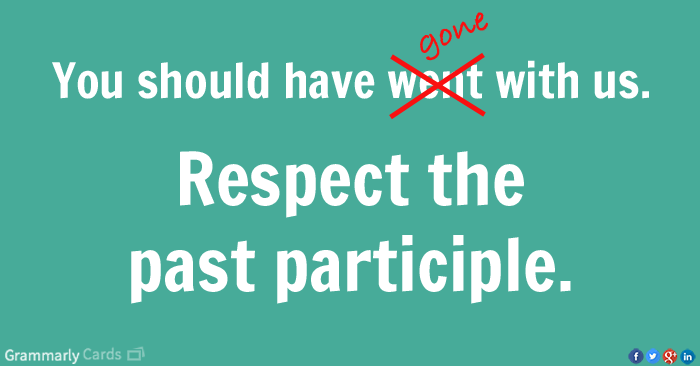



Went Vs Gone Learn The Difference In Under A Minute Grammarly




Hmzuvhle4pu5fm
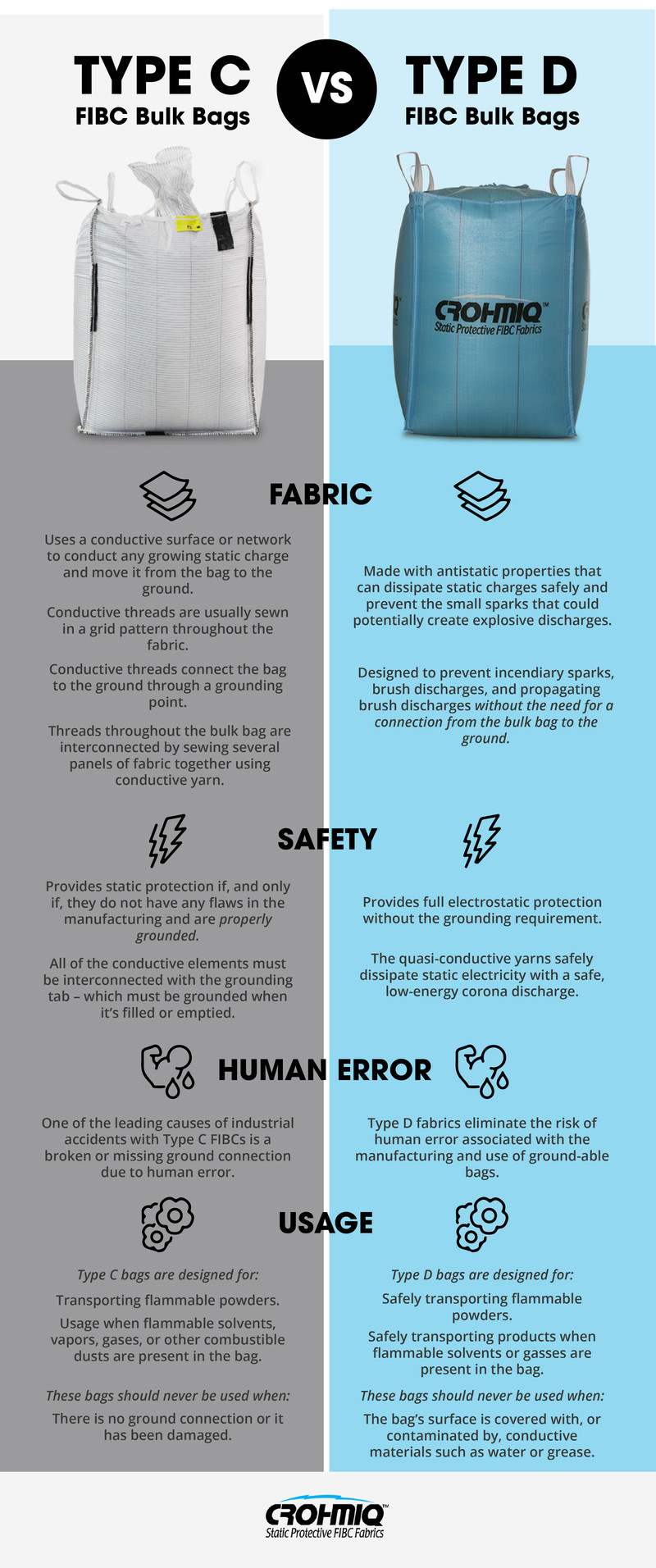



The Difference Between Type C And Type D Fibc Bulk Bags Crohmiq




What Is The Difference Between An Easr And An Eca



What Is The Major Difference Between Needs And Wants




English Grammar Must And Have To Mustn T And Don T Have To Eslbuzz Learning English Learn English English Grammar Teaching English Grammar




The Difference Between Must And Have To Coffeestrap Tips




Cold Versus Flu Cdc



0 件のコメント:
コメントを投稿